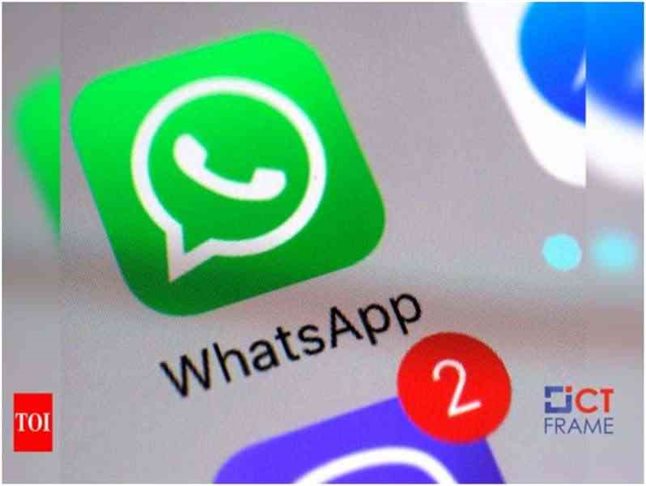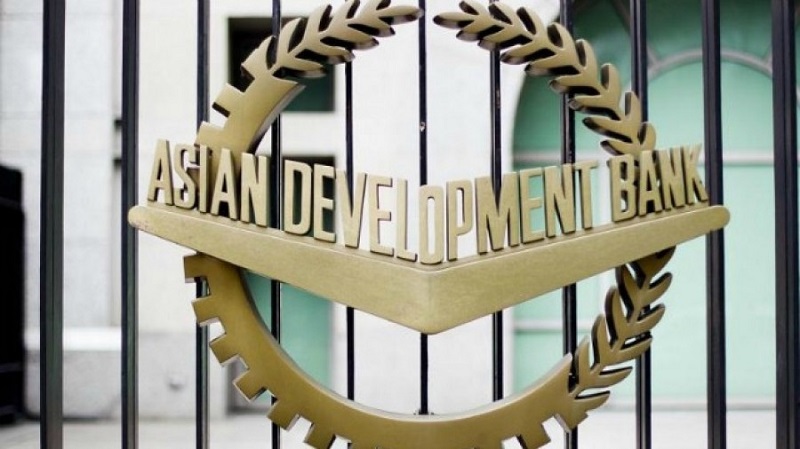WhatsApp Use India Govt, Says New IT Rules Mean an End to Privacy
27th May 2021, Kathmandu
Whatsapp has moved the Delhi high court as opposed to India’s new and stricter rules that require an instant messaging platform to aid in identifying the originator of messages.
The social networking platform Whatsapp has filed a legal complaint opposed the Indian government for seeking to block new IT regulations, which is set to come into force on Wednesday (May 26), saying that the new policy will finish privacy protections California-based Facebook (FB.O) unit.
According to the report Whatsapp, in its legal complaint, requested the Delhi High Court to declare that one of the recent rules is a violation of privacy rights as per the Constitution of India since the new rule requires social media organizations to identify the first originator of information when asked by government authorities.
Whatsapp, which has 53 crore users in India as per the government information, had faced serious backlash over user concerns that data was being shared with parent company Facebook.
While the law requires Whatsapp to give information only about the people credibly accused of wrongdoing, the company said it is impossible to do this alone. According to Whatsapp, messages are encrypted throughout. To comply with the law, the Facebook-owned firm said it would have to break encryption for recipients, also originators of messages.
Facebook, Twitter, Whatsapp, and Instagram have not yet accepted the Union government’s new Intermediary instruction? This has led to many believing that the social media huge could get banned in India. . The end time to accept the guidelines set by the government ended on May 25.
Platforms like Facebook, what Sapp and Twitter provided three months to comply with the new digital rules that require them to appoint a compliance officer in India, set up a grievance response mechanism, and set down content within 36 hours of a legal order. The sites are also required to use automated processes to take down disrespected content.
The Intermediary Guidelines and Digital Media Ethics Code says significant social media intermediaries or sites that host third-party data, messages, and posts stand to lose defenses from lawsuits and prosecution if they fail to comply. This means they can no longer declare legal immunity from what is posted on their site.







